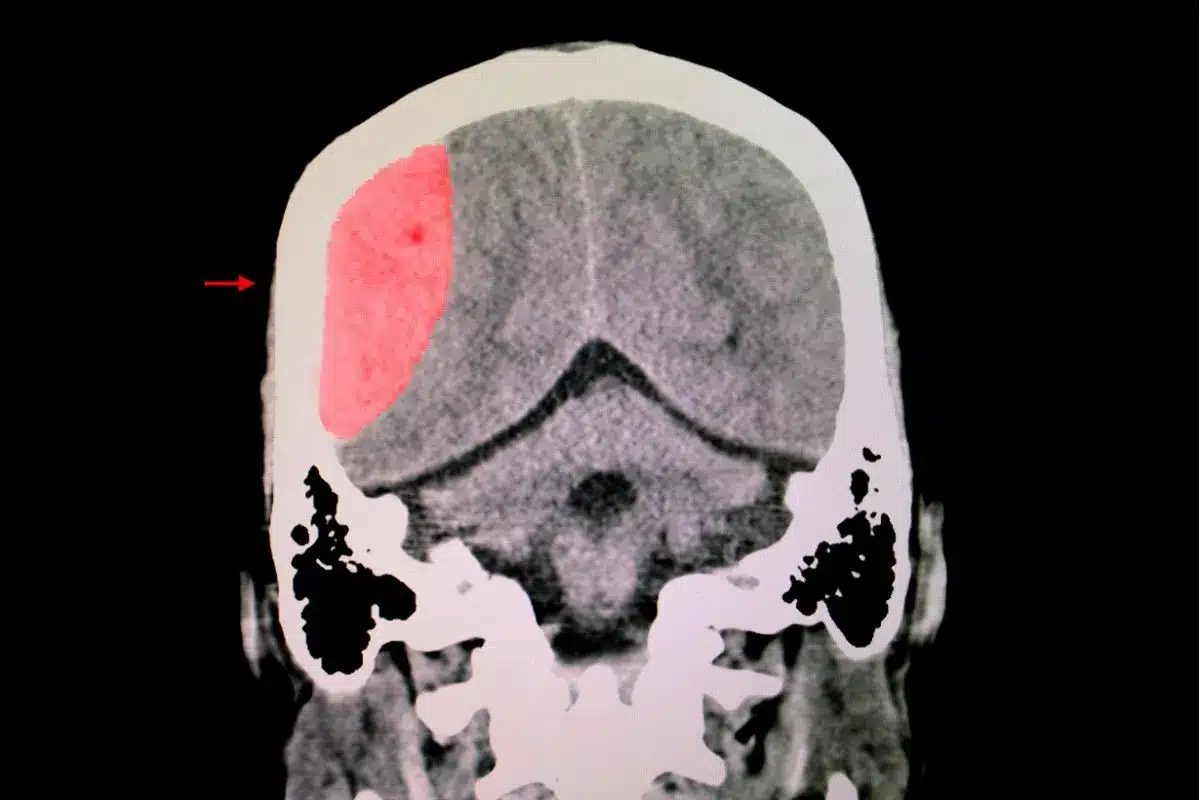September 28, 2023

The Secret to Growing New Brain Cells: Sleep, Exercise and Hyperbaric Oxygen?
by Veronica Fern-McElarney, Stanford University
TBI affects over 1.4 million Americans annually. The leading cause of TBI is falls, followed by motor vehicle crashes. Moreover, blasts are a leading cause for active-duty military personnel. Called the “signature injury” of the Iraq War, some accounts estimate that up to 60% of injuries related to roadside bombs in Iraq are TBIs. Symptoms include memory loss and communication problems; even worse, perhaps, are the behavioral and psychological ramifications. Formerly balanced, responsible, and mature adults may become impulsive, irrational, and depressed.
Renowned doctor of Hyperbaric oxygen therapy, Dr. Paul Harch recounted several stories about patients who had become psychologically dysfunctional, “demented,” “suicidal,” “violent” and “a throw-away.” Some patients were institutionalized and diagnosed as untreatable. One commercial diver was refused medical coverage by the company doctor who ruled that his injury as a result of diving was inconclusive. The patient loaded two pistols and went to the company headquarters in New Orleans. Luckily, he called his brother to say goodbye; his brother intervened and put him into treatment with Harch. The patient is now functional and Harch was able to prove his medical case to the company with SPECT imaging.
Brigadier General Patt Maney was told he is the highest-ranking soldier wounded in Afghanistan by a roadside bomb to survive a TBI. A state court judge in Florida,
Maney was called up to serve in his capacity as an Army Reservist. Maney said that in addition to TBI, soldiers frequently suffer other physical injuries, like wounds from shrapnel, loss of limbs, burns, and broken teeth –“polytrauma.”
Maney was treated one year after his injury using the Harch-prescribed HBOT protocol at George Washington University Hospital. Describing his experience, Maney said, “The treatments are easy if one doesn’t have a problem with claustrophobia. Initially, I watched television during the [one-hour] dives but as I got more accustomed to the dives, I frequently napped.”
Maney said that his wife noticed improvements in his cognition following 8-12 dives, while he observed improvements after 12-14 dives. After 20 dives, his friends commented that he seemed more socially engaged. “From my experience, I believe that HBOT should be the foundational treatment for all soldiers with a TBI. It’s really disappointing that some military medical practitioners decline to recognize the documented scientific advances, possibilities, and results of HBOT. The TBI wounded and their families need effective treatment now.”
READ THE ENTIRE ARTICLE HERE.
ALSO READ ‘Therapy for Traumatic Brain Injuries’
Share on:
A free, open discussion group to explore hyperbaric oxygen therapy, compare home chamber brands, access expert info, and get exclusive member discounts.